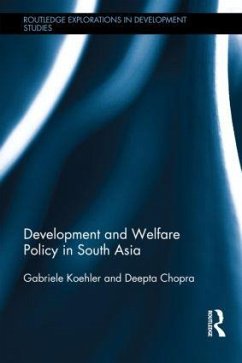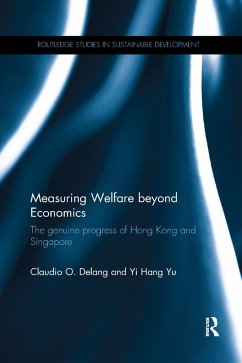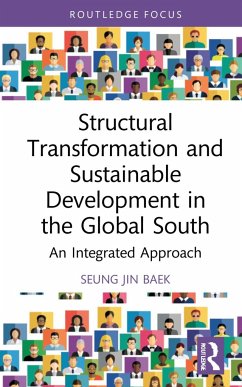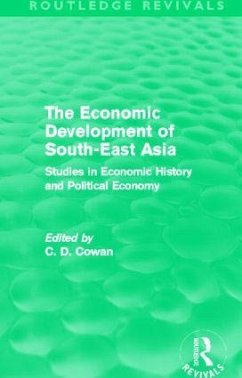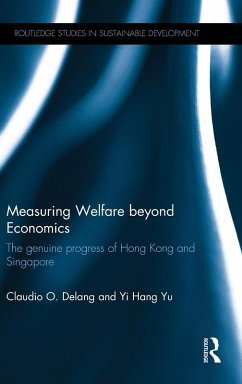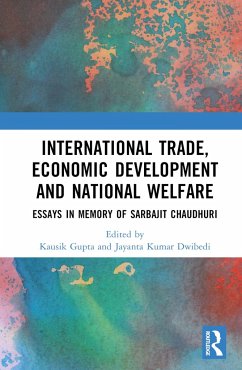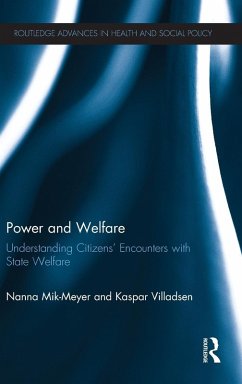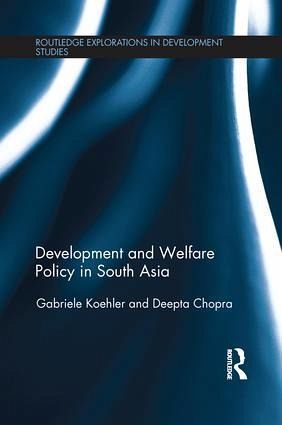
Development and Welfare Policy in South Asia

PAYBACK Punkte
34 °P sammeln!
This book sheds light on social policies in six South Asian countries introduced between 2003 and 2013, examining the ways in which these policies have come about, and what this reflects about the nature of the state in each of these countries. It offers a detailed analysis of the nature of these policies introduced in recent years in Bangladesh, India, Maldives, Nepal, Pakistan and Sri Lanka, and illustrates the similarities and differences in policy approaches amongst the six countries. Through this analysis, the book explores the thesis of whether there is a particular type of 'developmenta...
This book sheds light on social policies in six South Asian countries introduced between 2003 and 2013, examining the ways in which these policies have come about, and what this reflects about the nature of the state in each of these countries. It offers a detailed analysis of the nature of these policies introduced in recent years in Bangladesh, India, Maldives, Nepal, Pakistan and Sri Lanka, and illustrates the similarities and differences in policy approaches amongst the six countries. Through this analysis, the book explores the thesis of whether there is a particular type of 'developmental welfare state' that can be observed across South Asia. The focus is on social policies or policies designed to address poverty and deliver welfare at the level of programming and design, i.e. the stated intent of these policies. The book also presents an analysis of the fiscal space available in each of the six countries, thereby drawing conclusions about the financial feasibility of a 'developmental welfare state' model in the region. This comprehensive book uniquely explores critical aspects of policy debates on a possible move from welfare to 'rights'. It introduces students and researchers in development studies, social policy and South Asian studies to innovative welfare programmes in South Asia and gives a new perspective on the nature and patterns of welfare in South Asia with the view of tackling inequality and promoting well-being.





